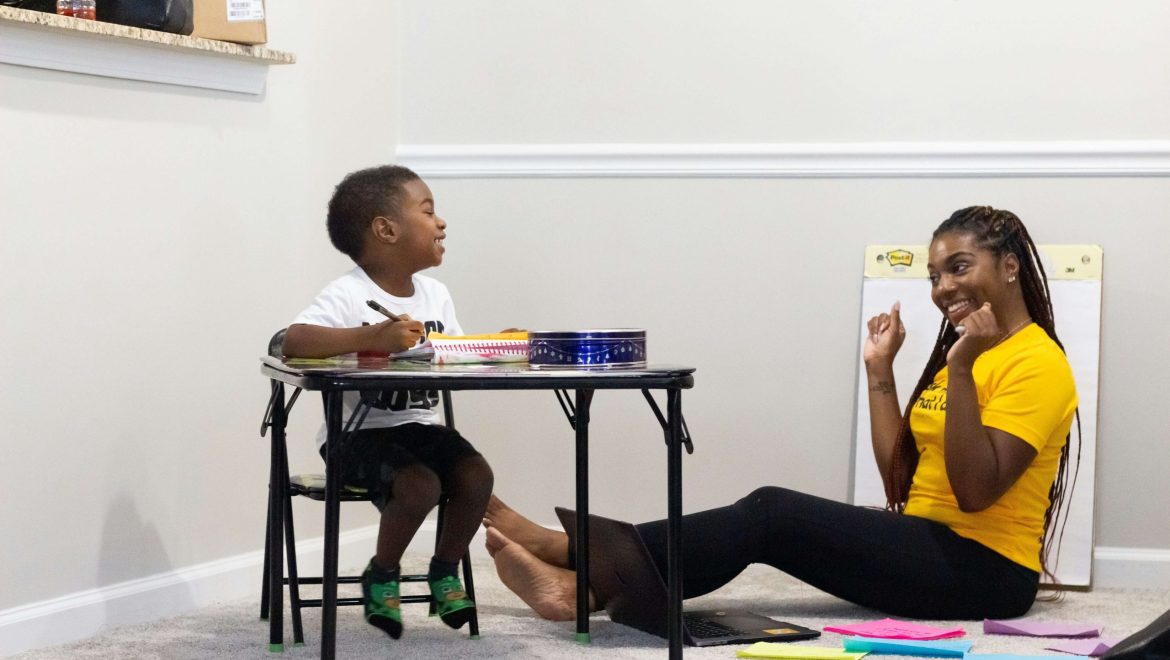Creating a strong partnership between parents and teachers is key to fostering your child’s success in school. When you and your child’s teacher work together, you build a consistent, supportive environment that helps your child thrive academically, socially, and emotionally. Here are practical tips to build and maintain a strong parent-teacher relationship.
1. Start with Open, Respectful Communication
Clear communication lays the foundation for a good partnership with your child’s teacher. Establishing a two-way dialogue early in the year helps everyone stay on the same page.
- Reach Out Early: Introduce yourself and express your interest in partnering to support your child.
- Be Accessible: Let the teacher know the best ways to reach you and respond promptly.
- Request Updates: Ask for regular progress updates and set up a system to stay informed.
- Respect Their Time: Keep messages clear and to the point and arrange meetings for more complex issues.
2. Attend Parent-Teacher Conferences and School Events
Conferences and school events are opportunities to connect, learn about your child’s progress, and show your support.
- Prioritize Conferences: Make time to discuss your child’s academic and social development. Come with questions to maximize the meeting.
- Show Up at Events: Participating in school events strengthens your connection to the school and shows your child that you care about their environment.
- Support the School Community: Engage with other parents, teachers, and staff to better understand the school culture.
3. Share Relevant Information About Your Child
Provide insights that can help the teacher understand and support your child’s unique needs.
- Discuss Learning Styles: Share how your child learns best or any accommodations that work well for them.
- Address Challenges Early: If your child has specific struggles, let the teacher know early on to help them adapt their support.
- Inform About Family Changes: Share any major family changes that could impact your child’s emotional state or performance in school.
4. Be Actively Involved in Your Child’s Education
Your engagement shows your child and their teacher that you prioritize learning and personal growth.
- Review Homework: Check that your child completes assignments and reach out to the teacher if they struggle.
- Create a Learning Environment: Set up a quiet, organized space at home for study time.
- Engage with Their Learning: Show interest by asking about their day, what they’re learning, and any challenges they face.
5. Collaborate to Solve Problems
When challenges arise, approach them collaboratively and focus on finding solutions together.
- Stay Calm and Positive: Approach concerns constructively and ask how you can support your child from home.
- Listen to the Teacher’s Insights: Teachers may notice patterns or challenges that you’re unaware of. Be open to their observations.
- Focus on Solutions: Work together to create strategies, whether it’s adjusting study habits or focusing on social skills.
6. Support Social and Emotional Development
School isn’t just about academics; your child’s social and emotional well-being is equally important.
- Discuss Social Skills: Ask the teacher about your child’s interactions with peers to understand how they’re adapting socially.
- Address Emotional Health: If your child is facing emotional challenges, keep the teacher informed so they can provide support.
- Promote a Growth Mindset: Reinforce a growth-oriented approach by celebrating effort, resilience, and learning from mistakes.
7. Show Appreciation for the Teacher
Acknowledging the teacher’s efforts helps build trust and encourages collaboration.
- Express Gratitude: Send a simple thank-you message to let the teacher know you appreciate their dedication.
- Respect Their Expertise: Trust that the teacher’s strategies are based on their professional experience.
- Be Patient and Understanding: Recognize that teachers manage numerous responsibilities and give them time to address your concerns.
8. Stay Involved Consistently
Consistent involvement throughout the year helps reinforce the parent-teacher partnership.
- Regular Check-Ins: Even if everything seems fine, check in periodically to stay informed about your child’s progress.
- Follow Through on Plans: If you agree to support certain actions at home, stick with the plan for consistency.
- Celebrate Progress: Acknowledge your child’s growth and positive changes and share these wins with the teacher.
Final Thoughts
Building a strong parent-teacher partnership is one of the most effective ways to support your child’s development. By maintaining open communication, staying engaged, and working together constructively, you can create a consistent, supportive environment that helps your child succeed both academically and personally. When parents and teachers are aligned in their goals, children benefit from cohesive guidance and encouragement, paving the way for a successful school experience.


Add Comment
Upcoming Events